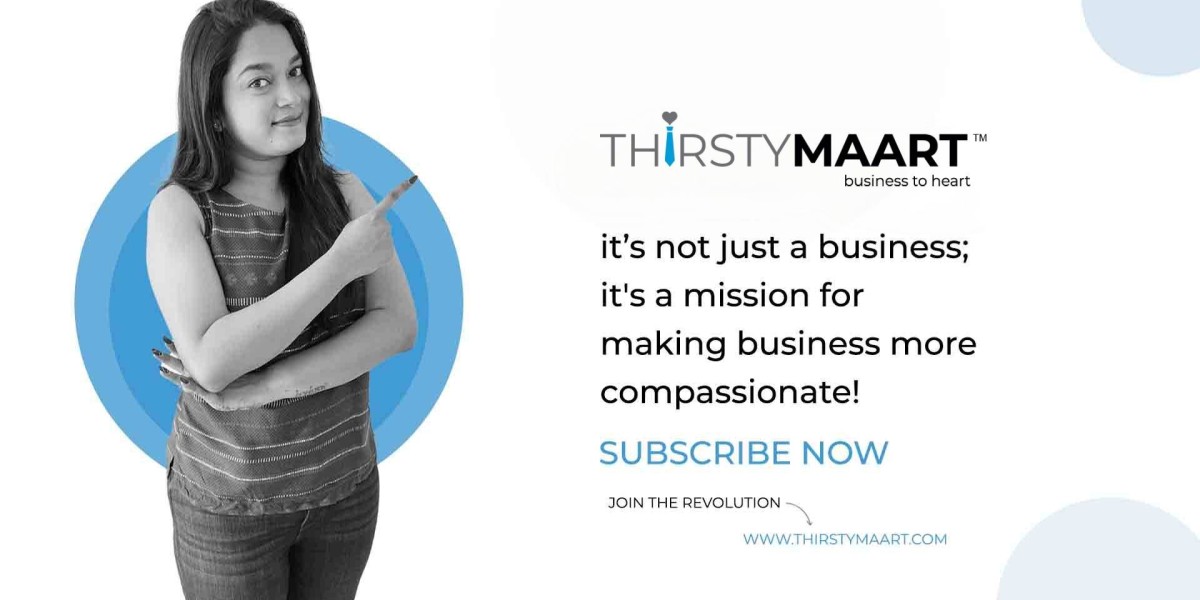In today's fast-paced world, technology plays a vital role in enhancing healthcare practices, especially when it comes to medication management at home. For residents of Riyadh, leveraging technology can streamline medication adherence, minimize errors, and improve health outcomes. This blog delves into the various technological solutions available for effective medication management at home, exploring their benefits and how they can enhance overall well-being.
Understanding Medication Management
What is Medication Management?
Medication management involves overseeing a patient's medication regimen to ensure that medications are taken correctly, on schedule, and effectively. It aims to enhance therapeutic outcomes while minimizing adverse effects.
Importance of Medication Management at Home
- Adherence: Proper management helps patients adhere to their prescribed regimens, reducing the risk of complications.
- Safety: It minimizes the potential for medication errors, which can lead to harmful consequences.
- Health Outcomes: Effective management leads to better health outcomes and improves the quality of life for patients.
The Need for Technology in Medication Management
Challenges in Traditional Medication Management
Managing medications at home can be challenging due to:
- Complex Regimens: Patients often have multiple prescriptions, leading to confusion about dosages and timing.
- Forgetfulness: It's easy to forget doses, especially for long-term medications.
- Communication Gaps: Lack of clear communication between healthcare providers and patients can result in misunderstandings about medication use.
How Technology Addresses These Challenges
Technological solutions can help bridge the gaps in traditional medication management by providing tools that enhance adherence, communication, and monitoring.
Types of Technological Solutions for Medication Management
Mobile Apps
Features and Benefits
Mobile applications designed for medication management allow users to:
- Set Reminders: Notifications for each dose help patients stay on schedule.
- Track Medications: Users can log medications taken, missed doses, and side effects.
- Access Information: Apps often provide information about medications, including interactions and side effects.
Popular Apps for Medication Management in Riyadh
- Medisafe: A comprehensive app that allows users to track their medications and receive reminders.
- MyTherapy: This app combines medication reminders with health tracking features, making it a valuable tool for comprehensive care.
Smart Pill Dispensers
How They Work
Smart pill dispensers are devices that automatically dispense the correct dosage at the scheduled time. They often come with features such as:
- Alerts: Notifications sound when it’s time to take medication.
- Tracking: Some models can sync with smartphones to track adherence.
Benefits
- Reduced Errors: Automatic dispensing minimizes the risk of taking the wrong dosage.
- Ease of Use: Especially beneficial for elderly patients or those with cognitive challenges.
Telehealth Services
Enhancing Communication
Telehealth platforms enable patients to communicate with healthcare providers through video calls, chats, or messaging. This technology facilitates:
- Consultations: Patients can discuss their medication regimens without needing to travel.
- Follow-ups: Regular follow-ups can ensure that patients are adhering to their medication schedules.
Advantages of Telehealth in Medication Management
- Convenience: Patients can receive medical advice from the comfort of their homes.
- Timely Interventions: Quick consultations can address issues before they escalate.
Wearable Devices
Monitoring Health Metrics
Wearable technology, such as fitness trackers or smartwatches, can play a role in medication management by monitoring health metrics like:
- Heart Rate: For patients on cardiovascular medications, tracking heart rate can help gauge effectiveness.
- Physical Activity: Encouraging regular activity can complement medication regimens.
Integration with Medication Management
Wearable devices can integrate with mobile apps to provide a comprehensive view of a patient’s health, enhancing overall medication management.
Benefits of Using Technology for Medication Management at Home
Improved Adherence
The primary advantage of technology in medication management at home is improved adherence. Features such as reminders, alerts, and tracking help ensure that medications are taken as prescribed.
Enhanced Safety
By reducing the risk of errors, technology promotes patient safety. Smart dispensers and mobile apps can provide crucial alerts about potential drug interactions or side effects.
Increased Engagement
When patients have access to information about their medications through apps or telehealth services, they become more engaged in their treatment. This empowerment can lead to better health outcomes.
Streamlined Communication
Technology facilitates better communication between patients and healthcare providers. Telehealth services allow for ongoing discussions about medication efficacy and side effects, ensuring that patients receive the support they need.
Addressing Concerns About Technology in Medication Management
Privacy and Security
While technology offers numerous benefits, concerns about data privacy and security remain. It is crucial to choose reputable apps and devices that comply with privacy regulations to protect sensitive health information.
Technical Challenges
Some patients may face technical difficulties when using new devices or applications. Providing training or resources can help mitigate these challenges, ensuring that patients can effectively use the technology.
Dependence on Technology
There is a concern that over-reliance on technology may lead to complacency in managing medications. Patients should be encouraged to maintain proactive engagement in their healthcare, using technology as a supportive tool rather than a sole solution.
Future Trends in Medication Management Technology
Artificial Intelligence (AI)
AI is set to revolutionize medication management by providing personalized medication recommendations based on individual health data. This could enhance the efficacy of treatments while minimizing side effects.
Blockchain Technology
Blockchain may play a role in ensuring the integrity and security of medication records, allowing for transparent and tamper-proof management of health information.
Advanced Telehealth Solutions
As technology evolves, telehealth services will become more sophisticated, potentially incorporating AI-driven chatbots for instant medication advice and reminders.
Conclusion
Incorporating technology into medication management at home in Riyadh offers numerous benefits, including improved adherence, enhanced safety, and streamlined communication. By leveraging mobile apps, smart dispensers, telehealth services, and wearable devices, patients can take charge of their health more effectively. As technology continues to evolve, it will play an increasingly crucial role in personal healthcare management, ensuring that individuals receive the support they need to maintain their well-being. Embracing these advancements can lead to better health outcomes and a higher quality of life.









